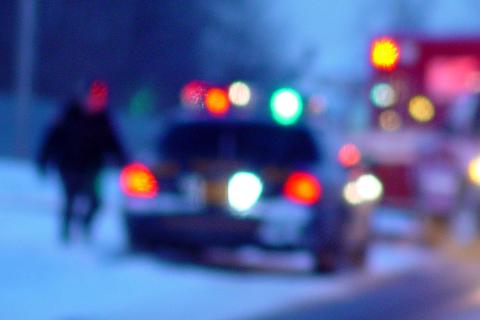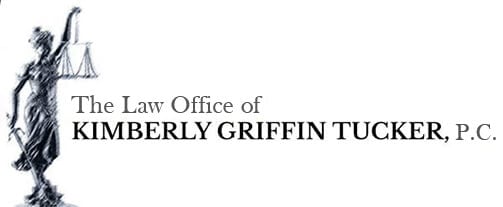
In 2013, the most recent year for which information is available, Texas led the nation with deaths caused by drunk drivers. According to Mothers Against Drunk Driving (MADD), 1,337 people died in 2013 from drunk driving accidents, representing 39.5% of all traffic-related fatalities in Texas. Statewide in 2013, 99,150 people were arrested for drunk driving with 71,030 of those DWI arrests, leading to DWI convictions for the drunk drivers.
Death and injury of victims are the most devastating results of a drunk driving accident. Many times the driver survives with minimal injuries while the non-drunk drivers or passengers are brutally killed or severely injured. There were 25,479 drunken driving related car crashes in 2013 that caused 15,687 alcohol related car crash injuries reported in Texas. Many municipalities throughout the United States faced with similar statistics set up sobriety checkpoints, especially around the holidays, to pull drunk drivers off the road.
DWI Checkpoints
A DWI checkpoint is a location on a public road where police officers are stationed. Every car that passes through the checkpoint is stopped and each driver checked for intoxication or impairment. In the alternative, instead of stopping every car, every third car or similar pattern is utilized by law enforcement officials to trigger the sobriety review at the DWI checkpoint.
DWI Checkpoints are Illegal in Texas
In 1990 the Supreme Court of the United States ruled that DWI checkpoints are legal because a state’s need to prevent drunken driving accidents outweighs the minimal inconvenience caused to drivers passing through a DWI checkpoint, in Michigan Department of State Police v. Sitz. At present 38 states permit DWI checkpoints while 12 states, including Texas, do not. The issue at hand is the belief that DWI checkpoints violate the Fourth Amendment right against unreasonable searches and seizures found in the U.S. Constitution. A DWI arrest based on a DWI checkpoint in Texas is illegal. A DWI defense lawyer in Denton, Collins, and Dallas counties will fight to get any DWI arrest and charge dismissed if it stems from a DWI checkpoint.
Texas DWI and Implied Consent
In Texas, it is illegal to operate a vehicle while intoxicated. A person is intoxicated in Texas when their blood alcohol concentration (BAC) level is at or over .08%. If a police officer suspects DWI, he or she will request field sobriety testing or a breath test and even a blood test to complete his or her sobriety evaluation before making a DWI arrest. Texas is an implied consent state, meaning that by driving on Texas roads, you have already given your consent to DWI testing. You can however, refuse DWI testing.
DWI/DUI Criminal Defense Attorney in Plano, Texas
If you are facing DWI criminal charges, your liberty is at stake. Kimberly Griffin Tucker and her team are ready to help you resolve your DWI arrest. Call (214) 445-6336 to schedule a free consultation with an experienced attorney?. Other practice areas include drug offenses, probation violations, theft, nondisclosures, and expungements. You can reach us 24 hours a day via phone and online.
